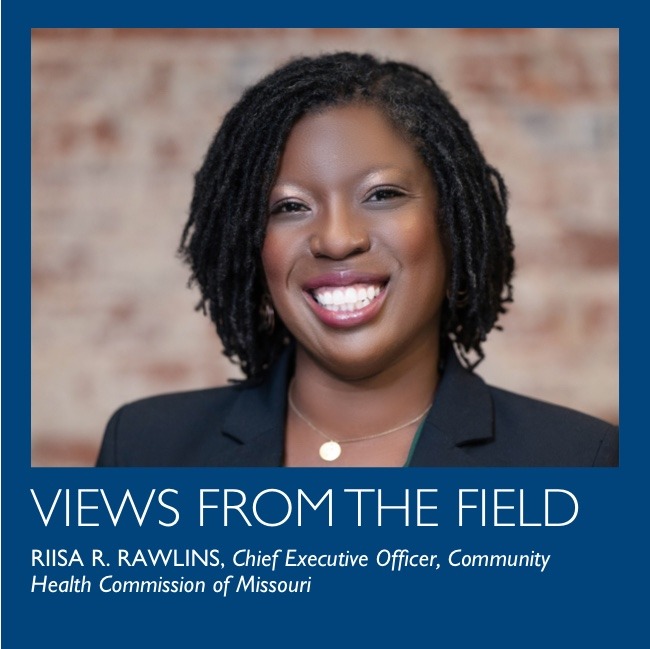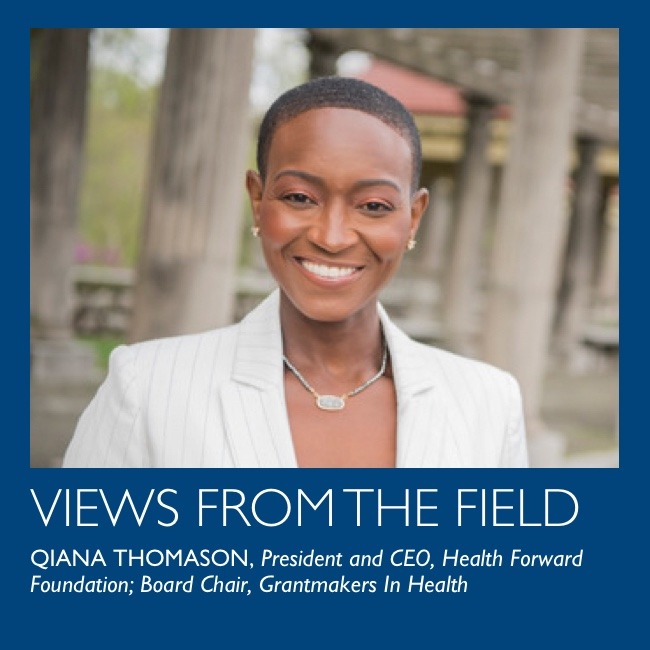Power to the People: Advancing Impact Through Participatory Budgeting
Who is best positioned to determine how health funding should be allocated? At the Community Health Commission of Missouri (CHCM), we believe the answer is clear: the people most affected by health disparities.
How Pew Is Learning to Improve Health Policy
Antibiotics revolutionized medical treatment and are a cornerstone of modern health care. However, the global rise of antibiotic-resistant bacteria is making infections costlier and deadlier. After a 2008 report commissioned by The Pew Charitable Trusts highlighted these concerns, the organization invested in multiple projects to set limits on the use of antibiotics and to spur the development of new drugs.
The Value of Interdisciplinary Research Networks
In this time of economic hardship, foundations – like us all – are searching for the most creative and productive strategies for getting the most out of constrained budgets. Many foundations that support research, as well as health care delivery, have become aware that in attempting to understand complex issues related to human health, behavior, and well-being, it is often most useful, even necessary, to employ an interdisciplinary approach.
Ensuring the Health of America’s Children: Progress and Opportunities
Behind the headlines of a weakened U.S. economy and rising unemployment are two related developments: the transformation of health care coverage into an issue of real salience to working families and the middle class, and the ways in which states have crafted, and will continue to craft, an effective response.
Community Advisory Committees: Collaboration and Shared Learning
As a result of turmoil in world financial markets and a faltering economy in the United States, economic pressures on communities have intensified the risk of many people being overlooked or ignored; many are not receiving the health care they and their families need.
Evaluating Programs: Can We Measure the Value of Health Grantmaking?
Partnering with policymakers and members of the business community is an effective way to increase the impact of health grantmaking by working cross-sectorally, and evaluating the effectiveness of these partnerships will help sustain interest in such collaborations.



